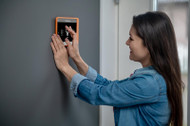The Pros and Cons of Biometric Door Locks
- 29 April 2025
- Carter Bay
Let's face it. We are in an age where technology continues to reshape the way we interact with our homes. Biometric door locks are one of the most innovative advancements in residential security. Gone are the days of fumbling with keys or worrying about lost or stolen copies. With biometric locks, you can unlock your home with your fingerprint or a glance.
Biometric tech seems advanced, but it has pros and cons to think about before you invest. If you're upgrading your smart home or want better front door security, this guide is for you. It covers the pros and cons of biometric door locks to help you decide.
What Are Biometric Door Locks?
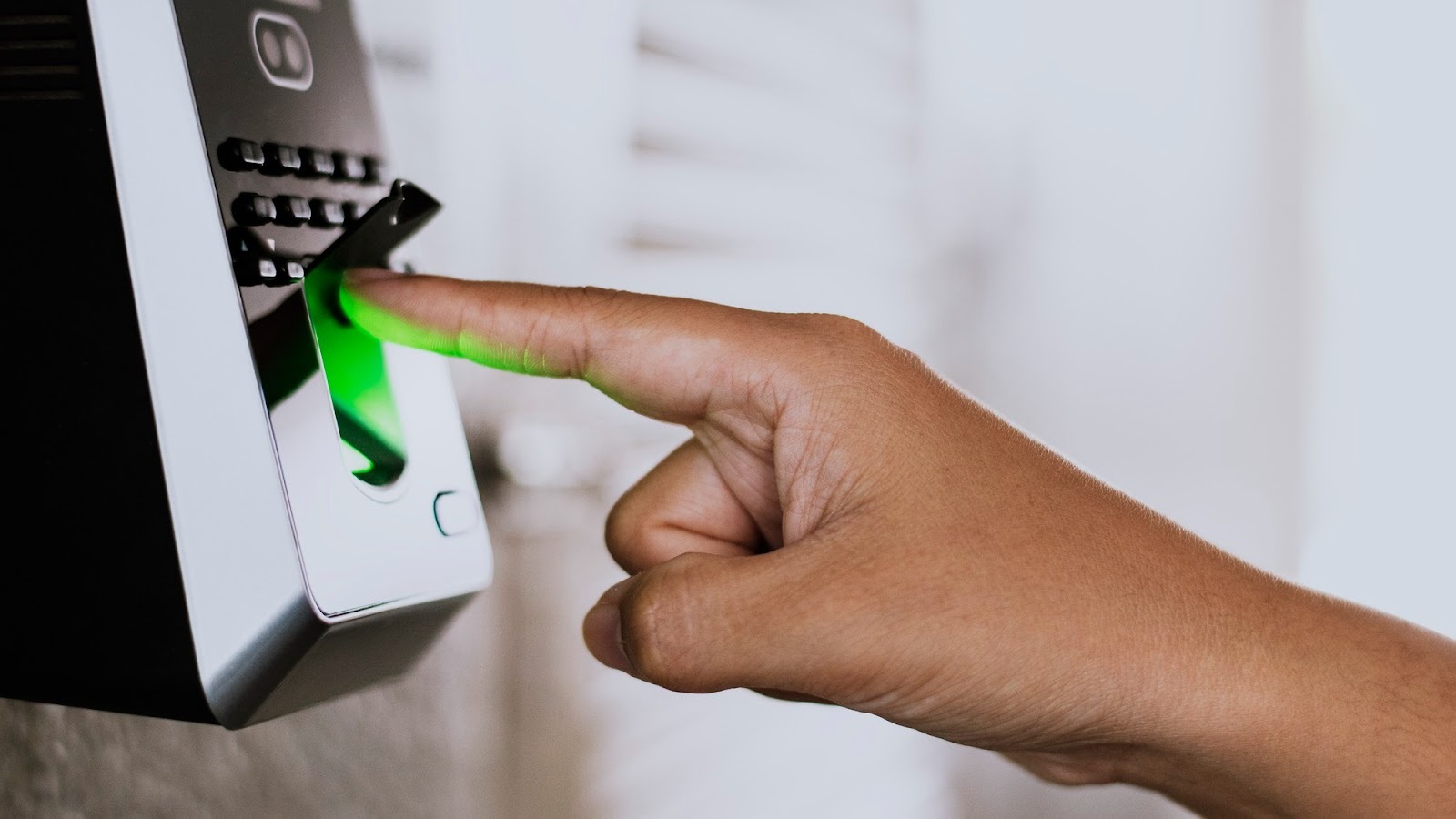
Biometric door locks use unique human characteristics to grant access. These can be fingerprints, eye patterns, facial features, voice recognition, etc.
Unlike traditional locks, biometric systems authenticate individuals based on biological data.
Today, most residential biometric locks are fingerprint-based. Still, many high-end models have facial recognition technology or multimodal authentication. This combines two biometric features for added security.
These locks save biometric templates, not actual fingerprint images. This keeps your data private while allowing quick access for authorized users.
The Pros of Biometric Door Locks
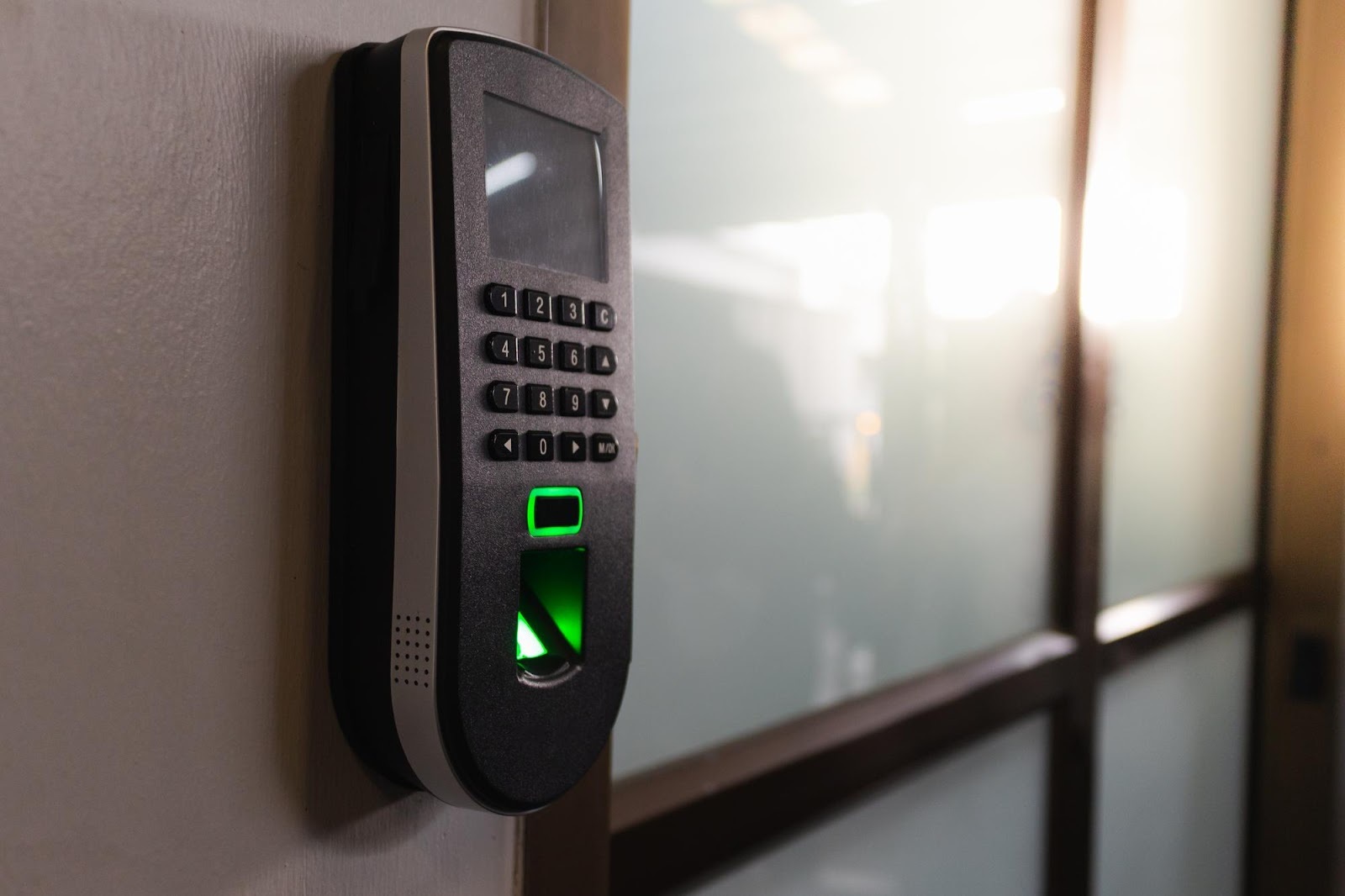
- Enhanced Security
One of the biggest advantages of fingerprint door locks is the security they offer. In today's smart world, we cannot underestimate the importance of high-security locks. Someone can steal, copy, or lose keys. But biometrics are difficult to duplicate. Fingerprint patterns are unique to each individual, reducing the risk of unauthorized access.
Additionally, many biometric locks feature tamper alarms and anti-hacking mechanisms. Some even offer real-time monitoring via smartphone apps. They are an excellent choice for homeowners concerned about break-ins or unauthorized access.
- Keyless Convenience
Biometric locks remove the hassle of carrying keys. You won't need to memorize tricky codes or hide spare keys under doormats. This is particularly beneficial for families with children and seniors.
Some models allow you to register many users. So, each family member can have their fingerprint or face stored. You can also grant temporary access to guests or service providers. This is useful when you don't want to hand out physical keys.
Kwikset Halo Touch Fingerprint Smart Deadbolt is a great example of keyless convenience.
- Fast Access
Speed is another selling point. Most biometric systems can unlock the door in a matter of seconds. This is usually faster than fumbling for a key or entering a PIN code. This fast response is great when your hands are full or you need to hurry inside during bad weather.
- Integration with Smart Home Systems
Many modern biometric door locks are designed to integrate into smart home ecosystems. You can link them to your smartphone and other smart devices. These could be smart lights, cameras, or virtual assistants like Amazon Alexa. Some locks allow remote access, real-time notifications, and integration into home automation routines.
Picture this: you unlock your door. The alarm system disarms. Hallway lights turn on, and the thermostat adjusts—all without you lifting a finger.
- Increased Control and Monitoring
Biometric locks often come with companion apps. You can use them to check who enters and exits your home and when. You can view access event logs and set schedules for specific users. Moreover, you can receive alerts for failed access attempts. This oversight is great for vacation homes, rental properties, or families with teens.
The Cons of Biometric Door Locks
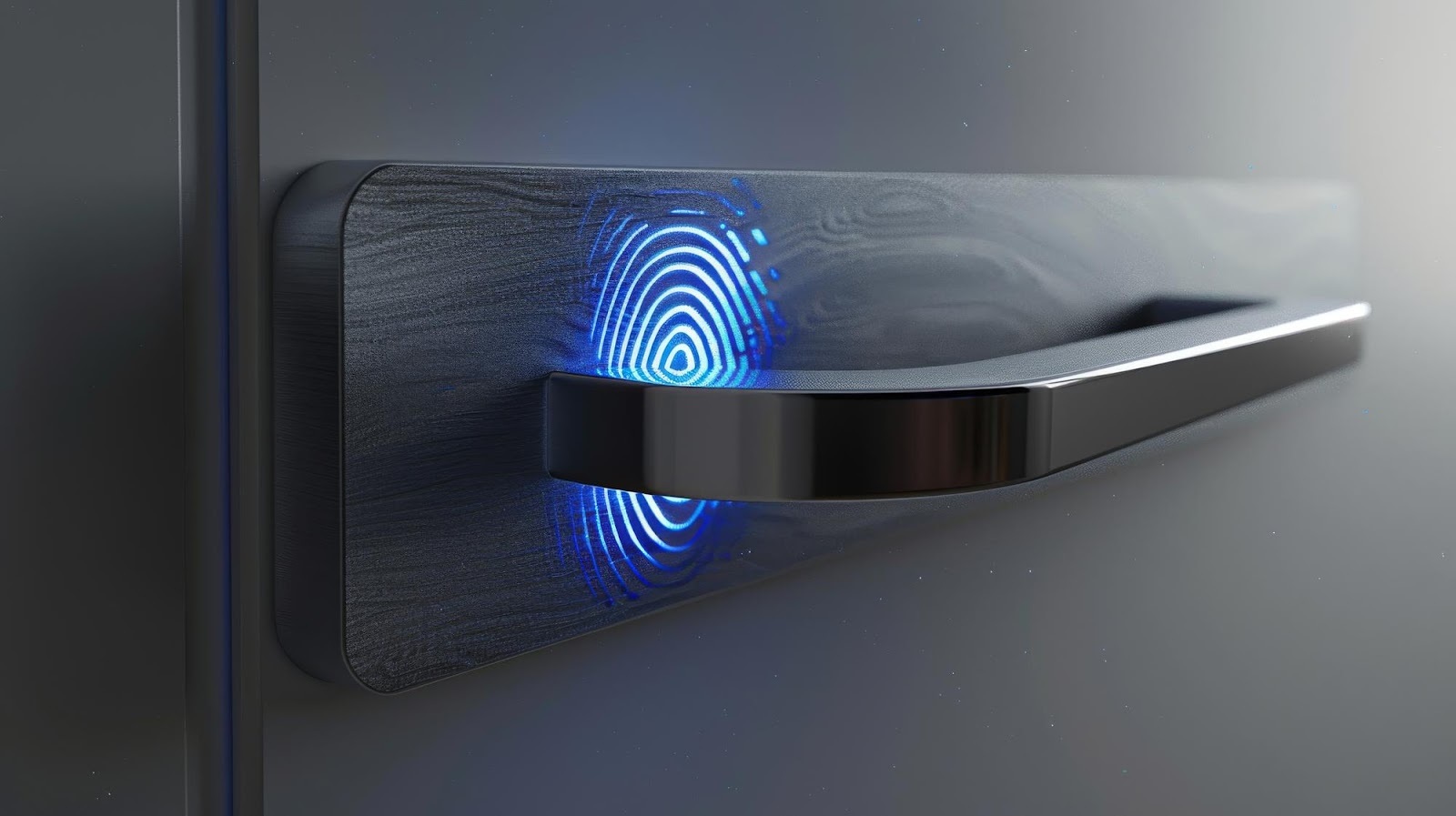
- Higher Initial Cost
Compared to simple locks or keypad locks, a biometric door lock system is more expensive. A quality biometric lock can cost anywhere from $150 to $500 or more, depending on the features and brand. If you need professional help, installation costs may also be higher.
Long-term benefits might make the cost worthwhile for some homeowners. Still, the initial investment can deter budget-conscious buyers.
- Dependency on Power and Connectivity
Biometric locks need a consistent power source, usually batteries or wired electricity. If the batteries die and there is no backup access method, you could find yourself locked out. Some models have emergency key overrides. But it's important to keep spare keys or external batteries nearby.
Also, locks that rely on Wi-Fi for smart features can have connectivity problems. If your internet goes down, you may lose remote access or monitoring. But local unlocking should still work in most cases.
- False Rejections or Recognition Errors
Even the most advanced fingerprint front door lock systems are not foolproof. Factors like wet, dirty, or injured fingers can cause fingerprint scanners to fail. Facial recognition systems can struggle in poor lighting conditions. You can also face problems if your appearance changes. This can happen with heavy makeup, new glasses, or facial injuries.
Manufacturers continue to improve sensor technology to cut false rejections. But occasional glitches are still a reality. Many locks offer extra ways to enter, like keypads or backup keys, to solve this problem.
- Privacy Concerns
Some users worry about privacy when it comes to storing biometric data. Most systems store encrypted biometric templates rather than actual images. Still, concerns about hacking or data breaches remain. Thus, you must choose a reputable brand that prioritizes secure storage. It should also offer firmware updates to protect against vulnerabilities.
Don't compromise on the manufacturer's security standards. If they are lacking, your personal data could be at risk, so it's vital to research and select trusted brands.
- Limited Lifespan and Wear
Over time, the sensor surface on fingerprint readers can wear down. This is especially true for cheaper models. Heavy use or exposure to harsh weather can impact performance. Hence, regular maintenance, firmware updates, and proper care are necessary.
Like all electronic devices, biometric locks also have a finite lifespan. These may eventually need replacement due to outdated technology or worn components.
Who Should Consider a Fingerprint Smart Door Lock?
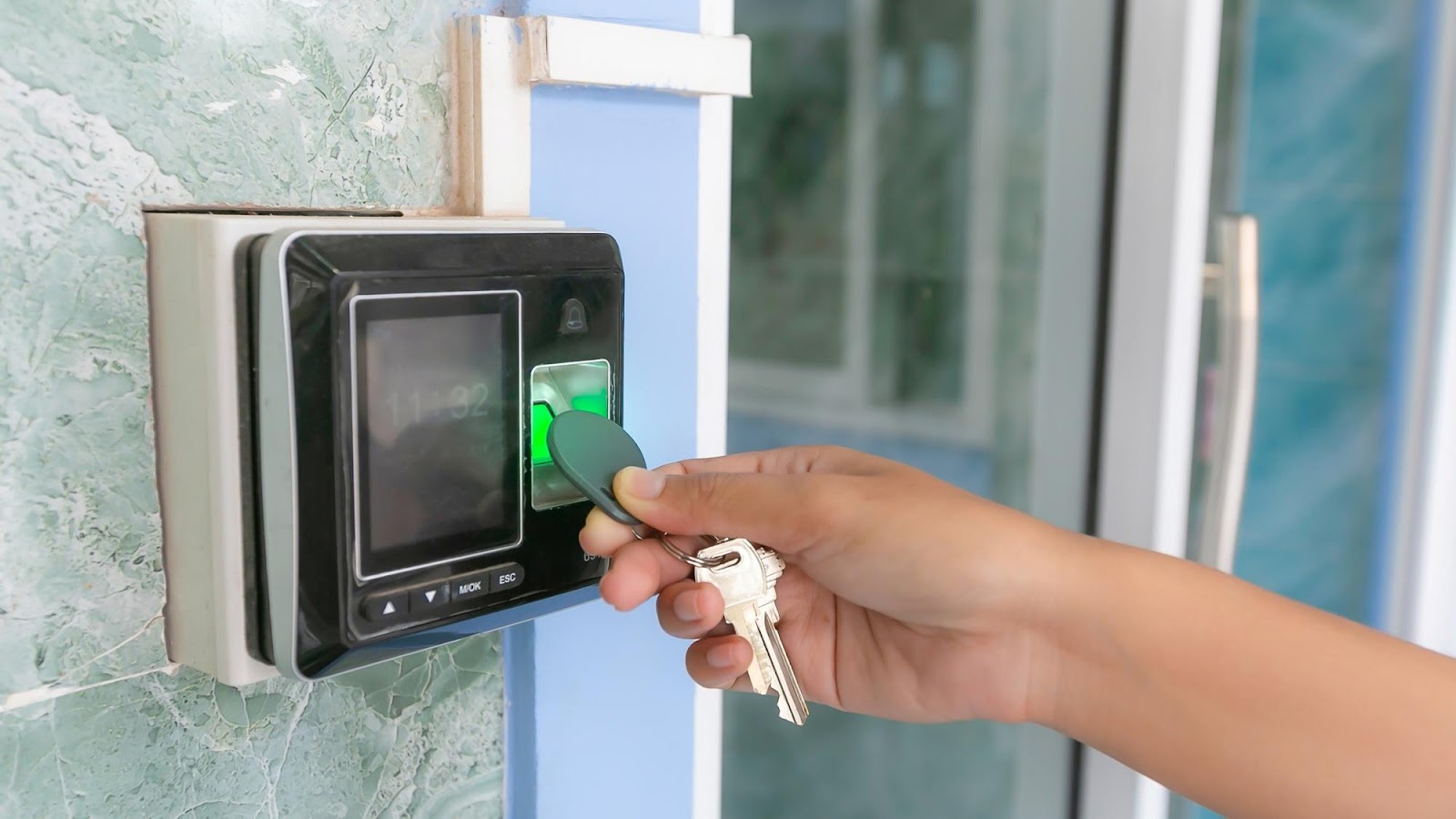
Biometric door locks provide significant convenience and robust security. They are particularly beneficial for:
- Smart home enthusiasts looking for automation
- Families who want to simplify access for multiple users
- Vacation rental owners needing guest access management
- Busy professionals who prefer keyless entry solutions
- Elderly homeowners seeking easier door operation
However, some homeowners may find conventional locks better. Some are budget-conscious, others live in very remote areas without reliable power/internet. Moreover, there are some who prefer traditional mechanical locks.
The aesthetic options have also grown, catering to more than just modern homes. The aesthetic options have also grown, catering to more than just modern homes. For classic architecture, the Kwikset Halo Touch offers a traditional design. It combines timeless style with advanced fingerprint technology. So, high-tech security can look great too.
Biometric locks offer quick access, keyless entry, smart home integration, and user management. These features show the future of home security.
You must weigh the costs and maintenance requirements. Also, check the potential for recognition errors before making the investment. Always choose a high-quality biometric lock from a reputable brand.
At Carter Bay, we provide top-notch biometric door locks. Our selection is perfect for homeowners who want the best in technology and security. Visit Carter Bay to explore the latest in keyless security and find the perfect fit for your smart home.
FAQs: Biometric Door Locks
- Are biometric door locks safe to use?
Yes, when sourced from reputable manufacturers, biometric locks are secure. They encrypt biometric data and offer tamper-resistant features. This helps protect against hacking and unauthorized access. - What happens if the fingerprint scanner doesn't recognize me?
Many biometric locks offer backup options. These include keypad codes, smartphone app access, and mechanical key overrides. Always ensure that multiple entry options are available. - How long do biometric door locks last?
With proper maintenance, a high-quality biometric front door lock can last 5 to 10 years. Regular battery replacement, firmware updates, and gentle use can extend its lifespan. - Do biometric locks work without Wi-Fi?
Yes, basic fingerprint or face unlocking typically works without internet connectivity. However, smart features like remote monitoring or access notifications require Wi-Fi. - Is biometric data stored securely?
Most modern biometric locks do not store actual fingerprint images. Instead, they use encrypted templates. Always choose locks that follow high encryption standards and offer regular security updates.
